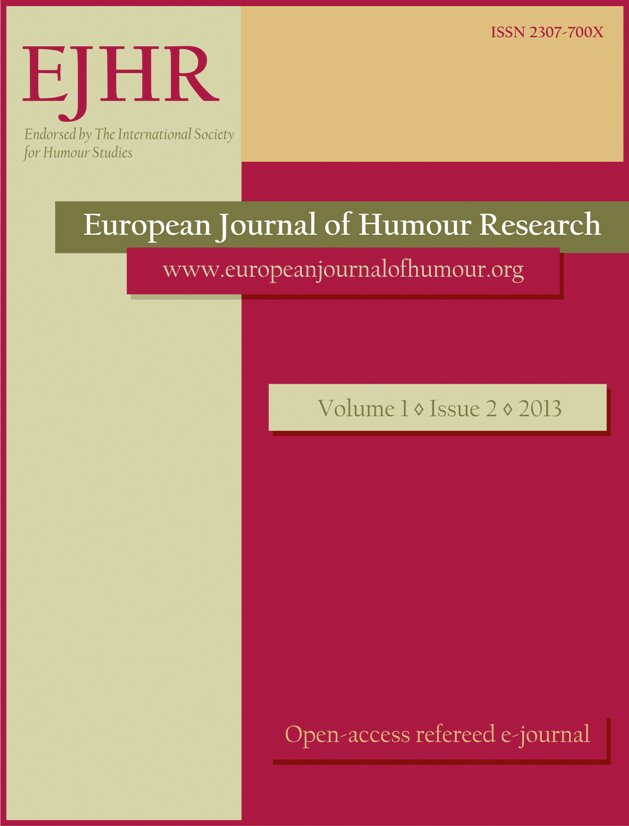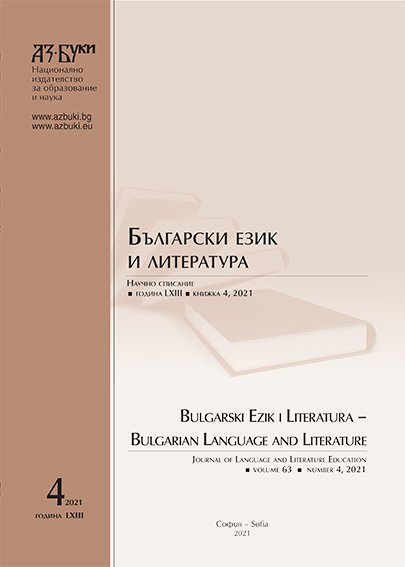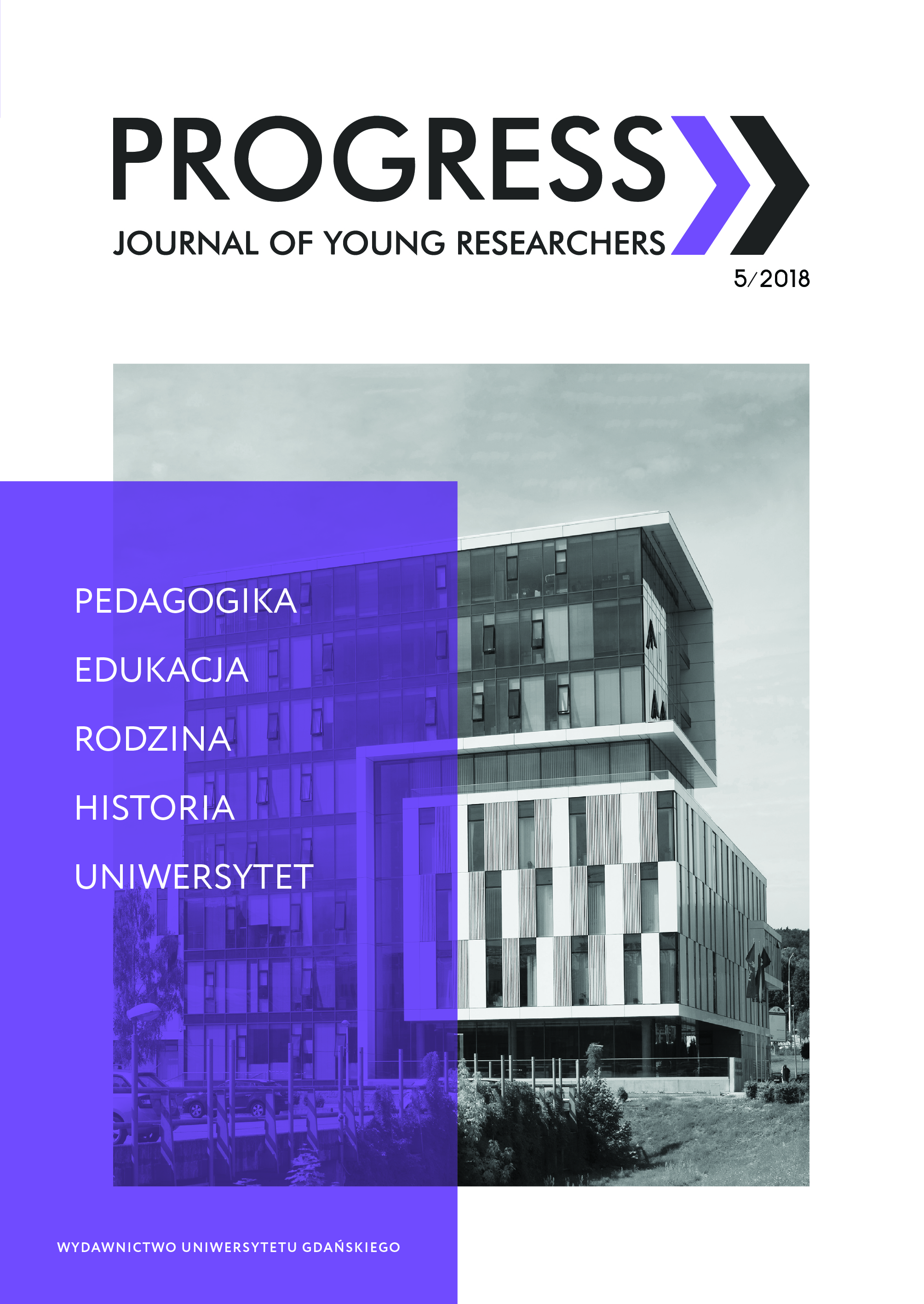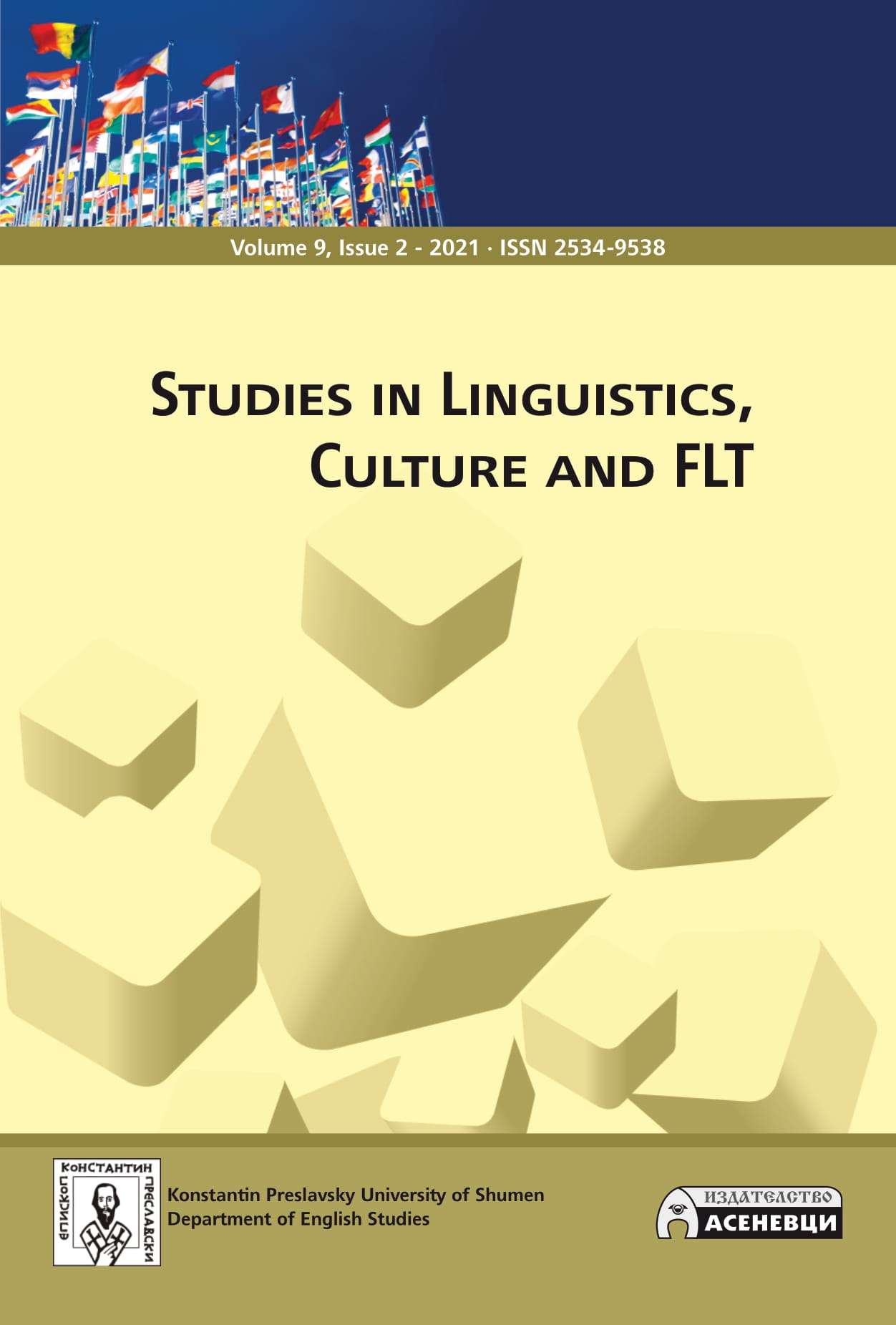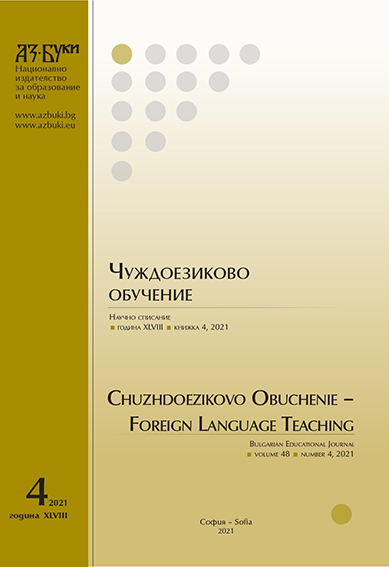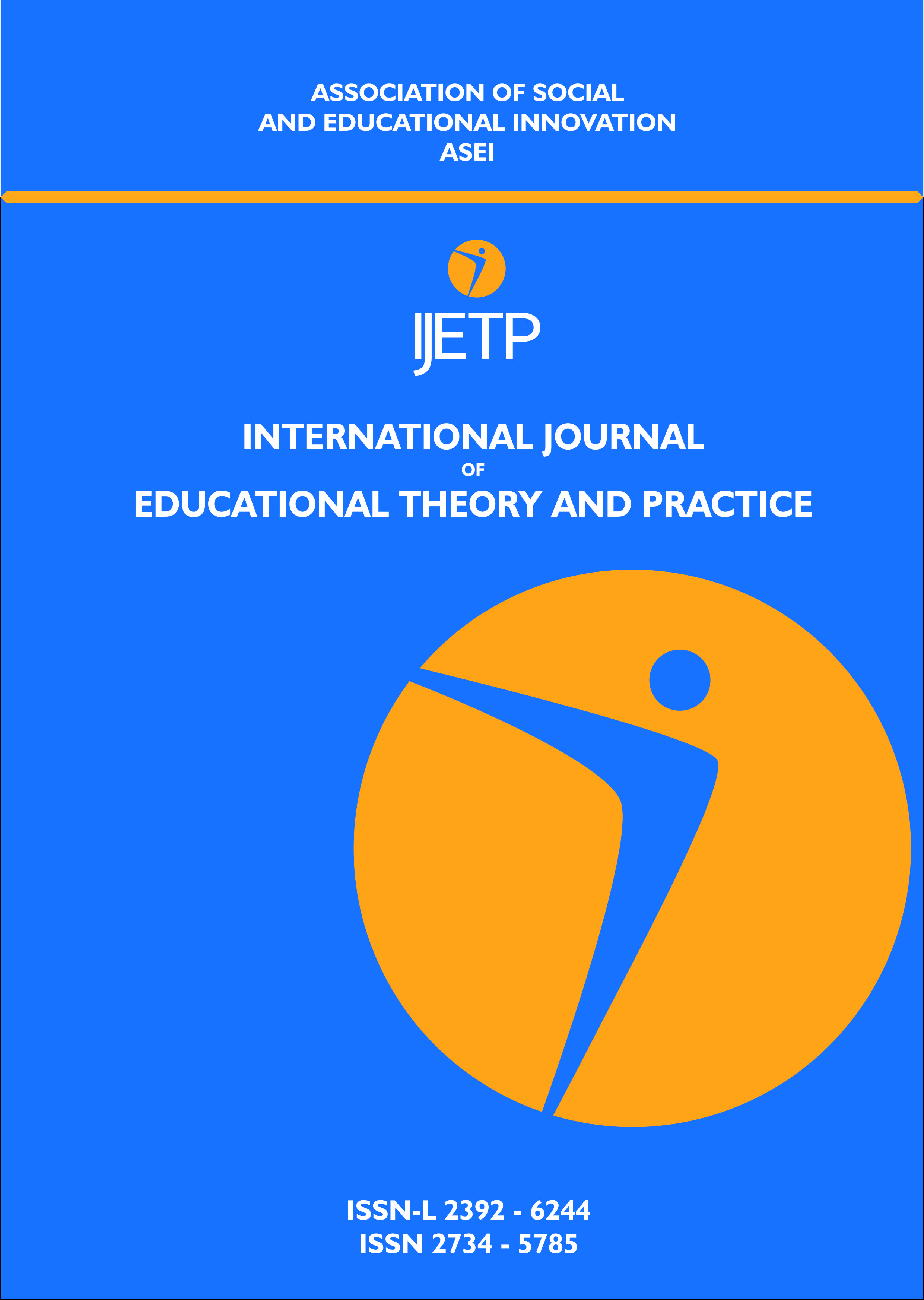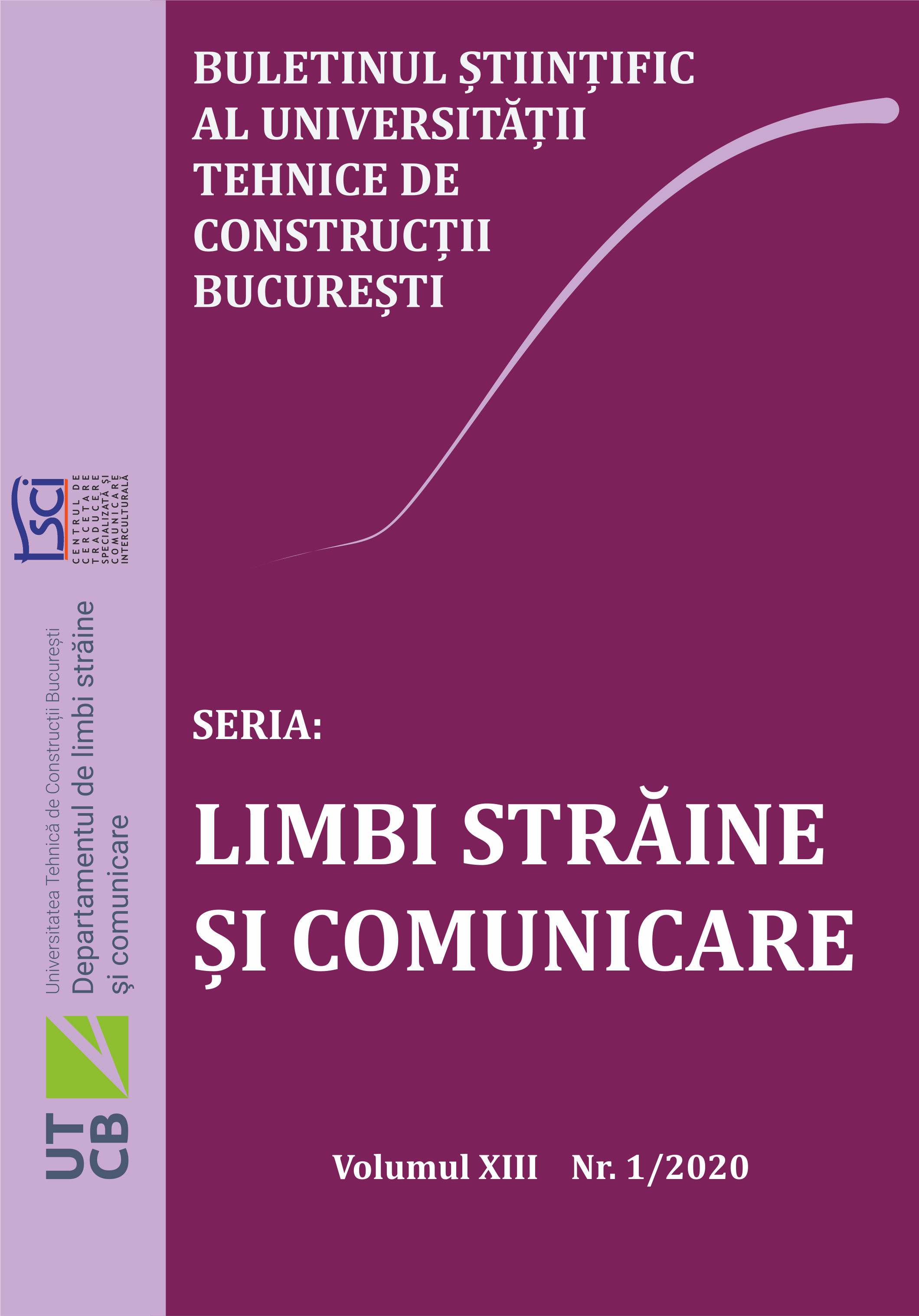
CONOTAȚII RASISTE ȘI XENOFOBE ÎN LIMBILE ROMÂNĂ, ENGLEZĂ ȘI SPANIOLĂ – STUDIU CONTRASTIV
In an epoch in which slavery was regarded as something natural and people of different origins were considered inferior, strange or mad by the majority of the native populations of the so-called civilized countries, racism, xenophobia and discrimination on ethnical criteria were not blamed or discouraged, but, in many cases, even promoted by the politicians, social actors or teachers through the doctrines they presented to the public. At the lexical level, these discriminatory tendencies can still be noticed in phrases, idioms and proverbs, in many languages, including Romanian, English and Spanish. These forms of expression render the majority’s prejudices and stereotypes against the Other, seen as the representative of an unwanted minority. The purpose of this article is to analyze the racist and xenophobic connotations in the three languages, in order to find the common cause of this hatred or contempt against those who are different from us, to get to the root of this phenomenon that, despite current laws and regulations worldwide, still affects the life, career or simply self-esteem of millions of people around the globe. Racism, xenophobia and discrimination should be condemned by all means and, as political correctness has attempted so far, language is one of the main ways to fight against them. Therefore, the expressions provided as examples in this article should be taken only as mere reflections of an obsolete mentality based on the dichotomies of superiority-inferiority, identity-otherness, national-foreign, etc., which have not brought anything good to the progress of mankind, leading to all sorts of conflicts that should be avoided nowadays.
More...
